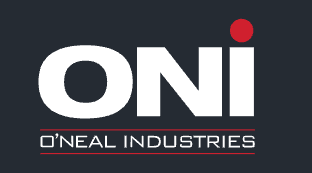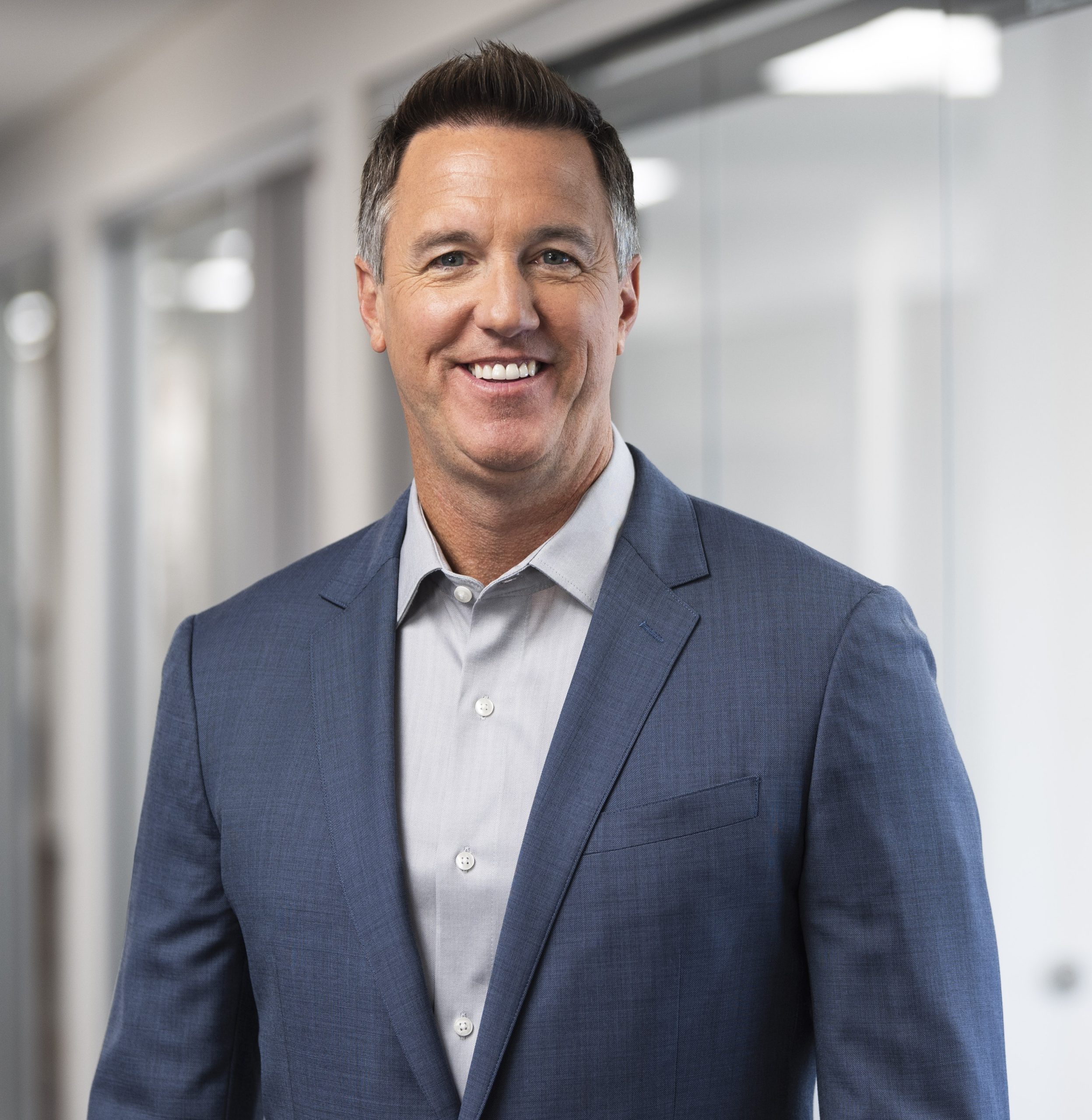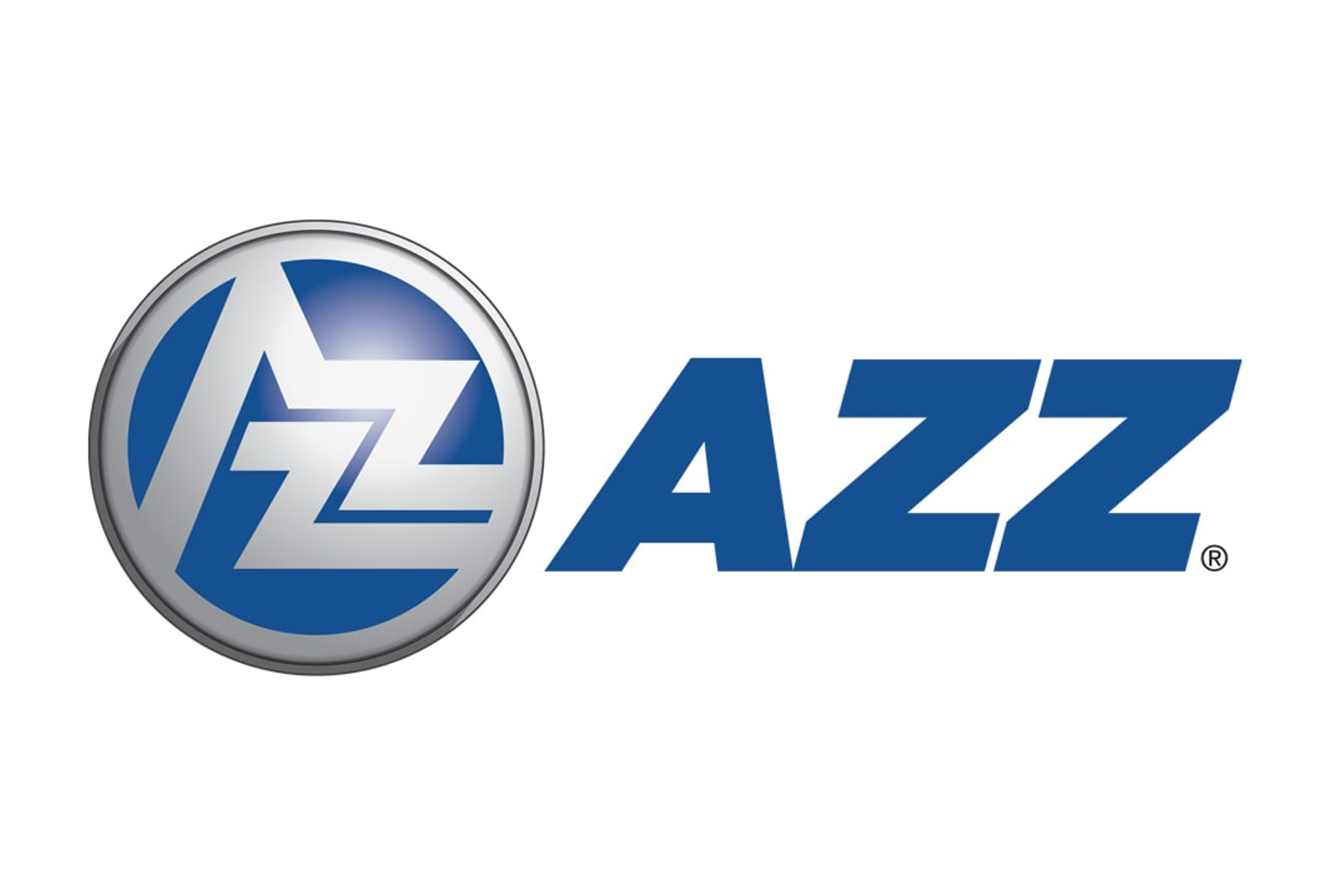Distributors/Service Centers
February 7, 2025
Tampa Steel Conference: Service centers more upbeat about 2025
Written by Stephanie Ritenbaugh
After a downbeat 2024 for service centers, things are starting to look up for this year.
That’s according to a panel of speakers at SMU’s Tampa Steel Conference on Tuesday, Feb. 4, in Florida.
Marc Lerman, COO of Steel Warehouse said demand dropped in the second half of 2024 and has recently started to pick up.
“We’re not really looking to see significant improvement until the second half,” Lerman said.
“The best way I can describe 2024 is like, put yourself back in college,” said Drew Gross, president and COO of Alliance Family of Companies. “You’re walking up to the house party and you’re thinking, ‘This is going to be sweet. They got the red cups. They got the keg.’ That was ’21 and ’22; ’23 was the walk home; and ’24 was the morning after.”
Gross said the company is “cautiously optimistic” about 2025.
“It’s going to be a little bit of a slow start, and there’s been a huge change in administration, so we have to see how it plays out,” Gross said. “But as the year progresses, we have a sense of Q1 that we’re battling some of the same stuff from 2024 and Q2 getting a little better.”
Gary Stein, CEO of Triple-S Steel Holdings, said the company sells some flat-roll but is primarily a structural steel company, so it is “not as optimistic as the OEM support companies.”
“The only bright spots are construction of new energy projects – data centers, chip plants, new car plants, batter plants – and those are going to be very, very massive builds that are happening, and most of that steel does run through service centers,” Stein said.
But Triple-S is a little less bullish as higher interest rates remain in place, which tamps down speculative and commercial development.
Re-shoring
Asked about the effort in recent years for companies to re-shore supply chains and manufacturing, the panel said some progress has been made, but challenges remain.
“I think currently, we got some holes, we got some problems,” Gross said, adding that Washington, D.C. must be held accountable for helping the industry address these problems.
“We can do a lot better,” Gross said. “I think this administration is going to be challenged to really do that for us. I would love to see re-shoring happen in a way that we anticipated, post-Covid.”
Stein noted that labor will be a concern going forward.
“If we deport 10 million people, we’re not going to have people staff those factories,” Stein said. “We’ve had two shipments that were canceled by customers because their workers weren’t there. So there are really complicated issues, and we’re not seeing re-shoring in any significant amount in our markets.”
Lerman pointed out that manufacturing isn’t just an American issue, but it’s important for Mexico and Canada as well.
“We do better if we thrive as a group of countries,” Lerman said. “It’s helpful to have thriving neighbors.”
“The reason why some companies went to Mexico is because they couldn’t fill positions here,” Lerman said.
Gross said there “needs to be a conscious effort to streamline and increase the flow of legal immigration.”
But automation also will come into play, he said.
“Investing in further automation that can help alleviate some of that, and that’s certainly a route that we’ve gone down,” Gross said. “We’re highly robotic and that’s just part of adaptation.”







